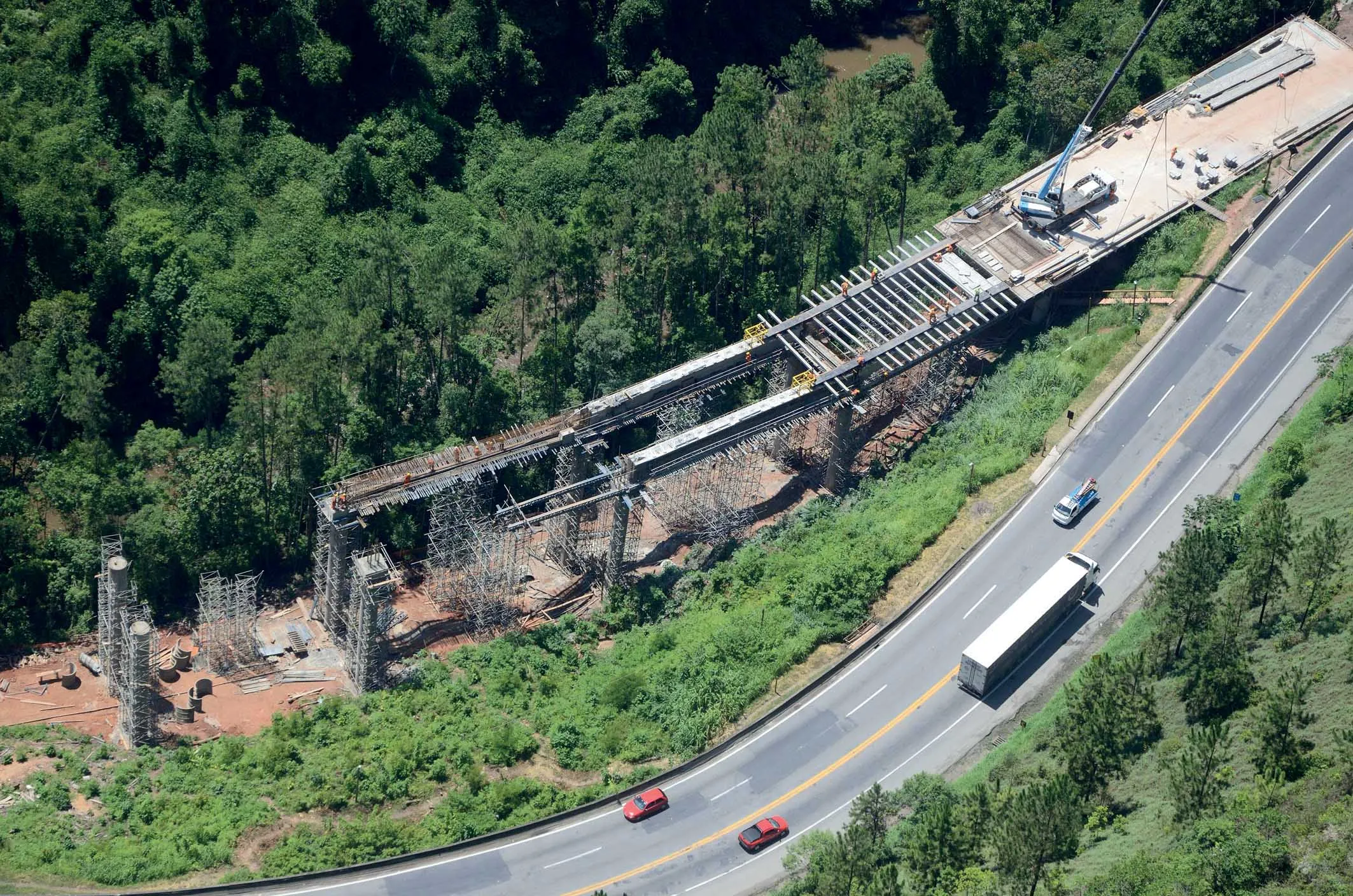The highway project involves dualling the route from Beitbridge that lies close to the border with South Africa all the way to Chirundu, at the border with Zambia to the north, with a total expected cost of some US$2.7 billion. The route runs through the capital Harare, with a bypass also planned around the city. The project is split broadly into two main sections, between Harare and Chirundu in the north of the country and Harare and Beitbridge in the south. Some $21 million of funding has been supplied by Japan to pay for work on the Makuti to Chirundu stretch of the north-south highway. This section measures just 6.5km long but features severe gradients at present.
There are also plans to dualise the route from Beitbridge and through Zimbabwe’s second city, Bulawayo, to Victoria Falls, an important route for tourism as well as trade. Victoria Falls also lies on Zimbabwe’s border with Zambia, but it close too with the borders of Botswana and Namibia, so the road connection provides an important trade and transport link for Southern Africa.
Questions are now being asked within Zimbabwe as to why the contract was awarded to Geiger International in the first place. Although Geiger International claims to have experience in the construction sector, particularly in China, its expertise seems mainly to lie in supplying goods as well as in manufacturing and supplying fencing.
Zimbabwe highway project faces delay
The project to build Zimbabwe’s crucial north-south highway link is facing delays, with the contract now having to be re-awarded. The tender was originally awarded to an Austrian firm, Geiger International, but with progress having proven very slow this has been withdrawn. The deal has not yet been re-awarded. But the Zimbabwe Government is at present in discussions with the second bidder from the original tender process, Anhui Foreign Economic Construction Group Limited (AFECC), over the contract.
The hig
July 12, 2018
Read time: 2 mins
The project to build Zimbabwe’s crucial north-south highway link is facing delays, with the contract now having to be re-awarded. The tender was originally awarded to an Austrian firm, Geiger International, but with progress having proven very slow this has been withdrawn. The deal has not yet been re-awarded. But the Zimbabwe Government is at present in discussions with the second bidder from the original tender process, Anhui Foreign Economic Construction Group Limited (AFECC), over the contract.







